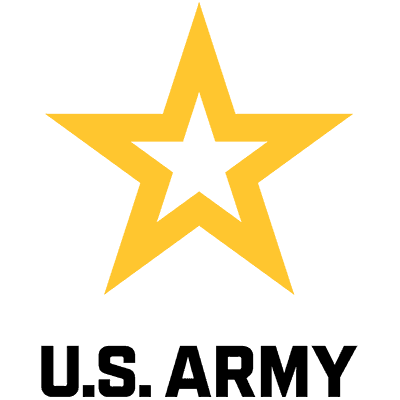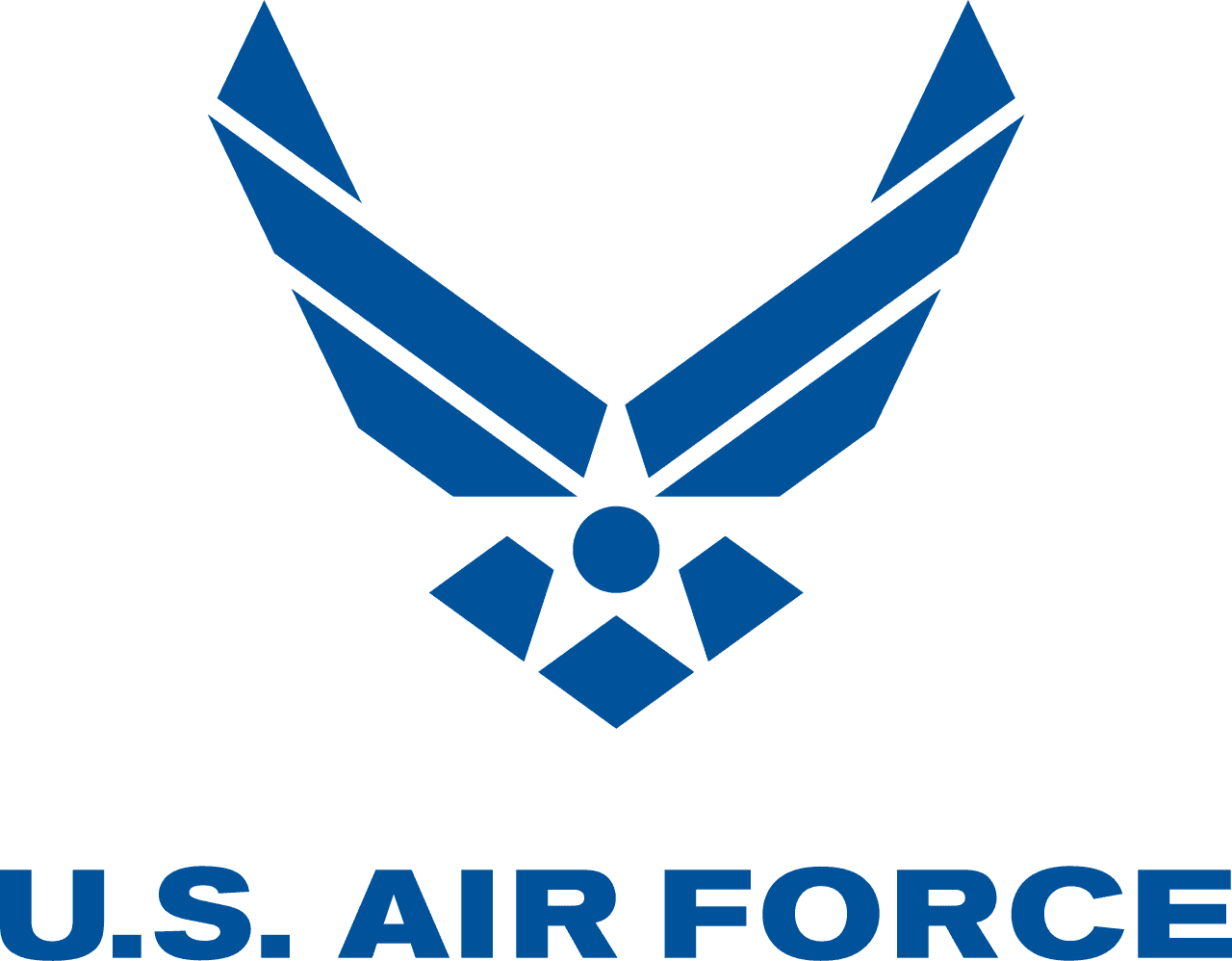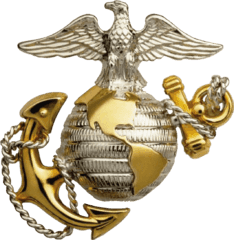Military Dog Handlers
Overview
What are the responsibilities of this role?
Military dog handlers are in charge of the basic care and training of military working dogs, which are generally used for drug interdiction, locating lost or wanted persons, or bomb-sniffing missions. They perform specialized duties in law enforcement, physical security, anti-terrorism operations, and detection of explosives and/or illicit drugs in the military community, utilizing an assigned military working dog.
What is the work environment like?
Military dog handlers in the military work both indoors and outdoors depending on their assignment. They may work outdoors while conducting investigations or patrolling facilities.
How many people have this role in the Military?
26,806
Compensation
Understanding How Military Pay is More Than Just a Salary
Base pay is the standard income you’ll earn as a service member, providing a stable foundation to start achieving your financial goals.
- Always fixed based on rank and service time.
- Distributed monthly.
What is the typical salary range?
$50,436
$68,555
$93,355
Military Details
What Service Branches offer this role?
Is this a staff or leadership role?
What does the training for this role entail?
All enlisted service members complete basic military training, which includes time spent in a classroom and in the field, and covers tactical and survival skills, physical training, military life and customs, and weapons training. Military dog handlers will gain skills through classroom study and on-the-job experience. Job-specific training may include:
- Military/civil laws and jurisdiction
- Investigation and evidence collection procedures and techniques
- Arrest and physical restraint techniques
- Self-defense and use of firearms
- Crime scene processing
- Interpersonal communications skills
- Search/restraint and custody/control procedures
- Crime prevention
- Specialized dog handling techniques
Education
What level of education do professionals in this role have?
Which college majors best prepare you for this role?
- Equestrian/Equine Studies
- Animal Training
- Anthrozoology
Learn About How Military Can Pay for 100% of your College Degree
Skills and Interests
What knowledge is essential to bring to the table?
- Education and Training
- Customer and Personal Service
- Psychology
- Administrative
- English Language
What personality traits help people thrive in this role?
You love hands-on work and solving practical problems — like fixing things and building stuff.
You love connecting with people, helping others and making a difference in your community.
RIASEC represents six broad interest areas—Realistic, Investigative, Artistic, Social, Enterprising, and Conventional—helping individuals identify careers that match their skills and preferences.
Take the RIASEC Test



